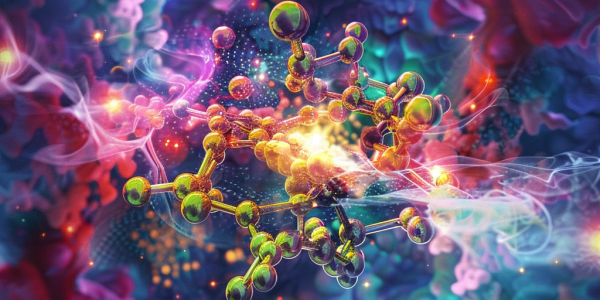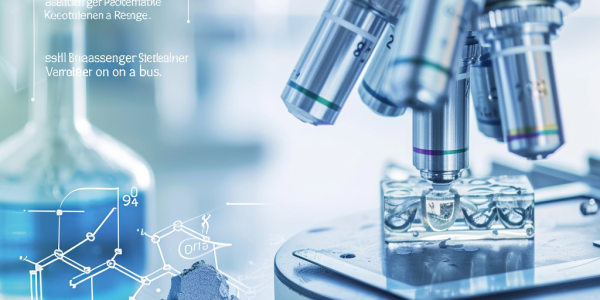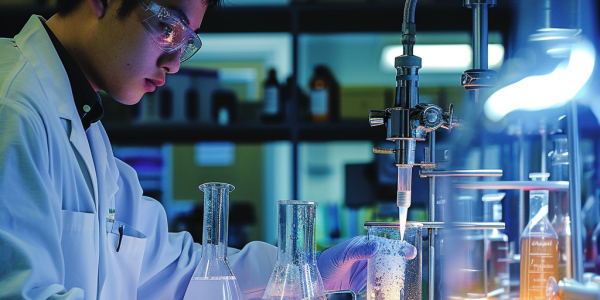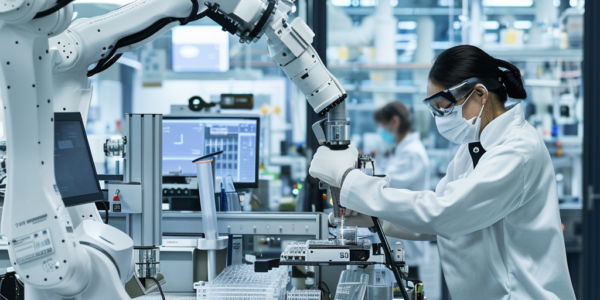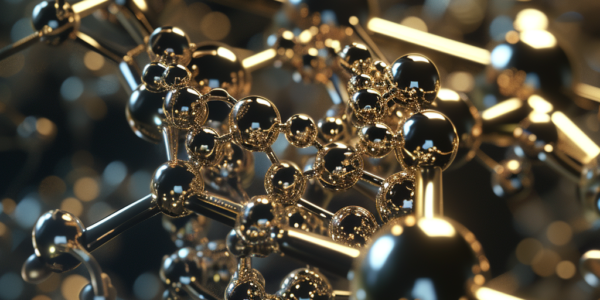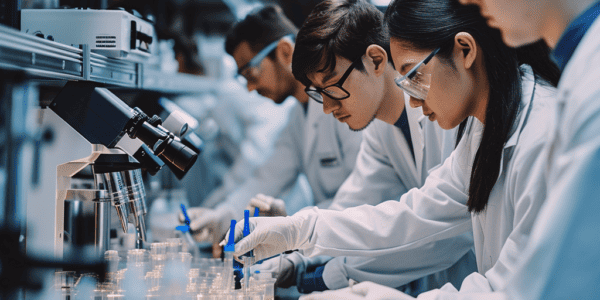Breakthrough Study Reveals Mechanisms of CO₂ Reduction Using Ni-N-C Catalysts
A groundbreaking study reveals how nickel and nitrogen co-doped carbon (Ni-N-C) catalysts can effectively convert carbon dioxide (CO₂) into carbon monoxide (CO), offering significant industrial applications for reducing greenhouse gas emissions. Led by the Max Planck Society, researchers employed advanced techniques to uncover the mechanisms behind CO₂ reduction, paving the way for innovative sustainable technologies that transform CO₂ into valuable resources.
KIST Develops Innovative Silver-Silica Catalyst for Enhanced CO₂ Reduction
A groundbreaking study from the Korea Institute of Science and Technology (KIST) reveals a novel silver-silica composite catalyst that enhances CO₂ reduction efficiency. Led by Dr. Hyung-Suk Oh and Dr. Woong Hee Lee, this innovative catalyst maintains nearly 100% selectivity even at high current densities, addressing challenges in carbon capture and utilization technologies. This advancement could revolutionize CO₂ utilization, making it more commercially viable and effective in combating climate change.
Breakthrough in Cobalt-Manganese Catalysts Enhances Hydrogen Production
Researchers from German institutions have uncovered the crucial role of manganese in cobalt-manganese catalysts for hydrogen production via water electrolysis. Published in Advanced Energy Materials, this breakthrough enhances catalyst efficiency and stability, paving the way for cost-effective and sustainable energy solutions. The study highlights the importance of interdisciplinary collaboration in advancing green technologies.
Rice University Develops Innovative Reactor to Convert Nitrates into Ammonia
Rice University engineers have developed an innovative reactor system that converts nitrates into ammonia, addressing water pollution and ammonia production challenges. This breakthrough utilizes electrochemical synthesis, offering a sustainable alternative to traditional methods, and has significant implications for environmental health and carbon-neutral ammonia production.
Revolutionary Technology Allows Unprecedented Insights into Catalysts at Atomic Level
Berkeley Lab’s groundbreaking new technology offers unprecedented insights into catalysts at the atomic level, shedding light on essential electrochemical reactions powering technologies like batteries and fuel cells. The specialized polymer liquid cell coupled with transmission electron microscopy allows real-time observation of catalyst surface atoms interacting with liquid electrolytes, enabling researchers to track composition changes at different stages. This innovative approach not only deepens understanding of catalytic processes but also holds promise for enhancing the efficiency and sustainability of diverse technologies.
Revolutionizing Green Hydrogen Production with Sustainable Catalysts
Researchers at the RIKEN Center for Sustainable Resource Science in Japan have developed a custom-made catalyst that has revolutionized the extraction of hydrogen from water, resulting in a nearly 4000% increase in its lifetime. This breakthrough offers a more sustainable and long-lasting solution for hydrogen-based energy systems, addressing the limitations of rare earth metals like iridium and paving the way for a more environmentally friendly approach to hydrogen production.
Groundbreaking Discovery: New Ruthenium Catalyst Revolutionizes Chemistry
The University of Manchester scientists have developed a groundbreaking ruthenium catalyst with the potential to revolutionize optimization processes in various industries. This stable catalyst eliminates the need for specialized equipment, promotes environmentally friendly practices, and holds promise for the future of industrial processes and scientific exploration.
Revolutionizing Catalyst Development with AI and Automated Lab Infrastructure
Artificial intelligence and automated laboratory infrastructure are revolutionizing the development of new chemical catalysts. Researchers at ETH Zurich have utilized these tools to efficiently synthesize the energy source methanol from CO2. With advanced infrastructure, the team successfully developed approximately 150 catalyst compositions for producing methanol from CO2 in less than six weeks, marking a significant time-saving compared to conventional methods. The researchers have published two papers on their method, highlighting the potential of methanol as a key element for a sustainable hydrocarbon economy.
Groundbreaking Development in Plasmonic Catalysis Unveiled
On January 30, 2024, a groundbreaking development in plasmonic catalysis was unveiled by Prof. Polshettiwar’s group at Tata Institute of Fundamental Research (TIFR), Mumbai. The team introduced a novel ‘plasmonic reduction catalyst stable in air’ that defies the common instability…
Groundbreaking ‘Ten Electron Rule’ Revolutionizes Catalyst Design in Chemistry
The field of chemistry has witnessed a groundbreaking discovery as a collaborative team across four universities has unveiled the ‘ten electron rule’, offering a simple yet effective method to design efficient single-atom alloy catalysts. This discovery is set to revolutionize…

